OPINION: Whaling Criticism is Often Melodramatic Japan-bashing
I have sided with China and North Korea in the past. I was staying at the Friendship Hotel when I taught in Beijing, then suffering from the aftermath of the Tiananmen Square massacre. I heard that their restaurant was going to serve dog meat. As I went to look atContinue Reading

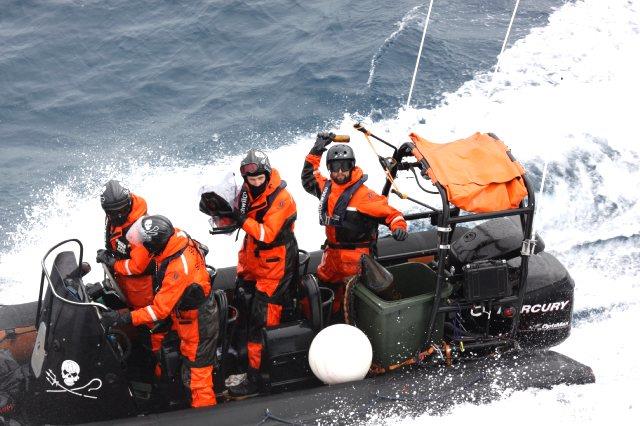
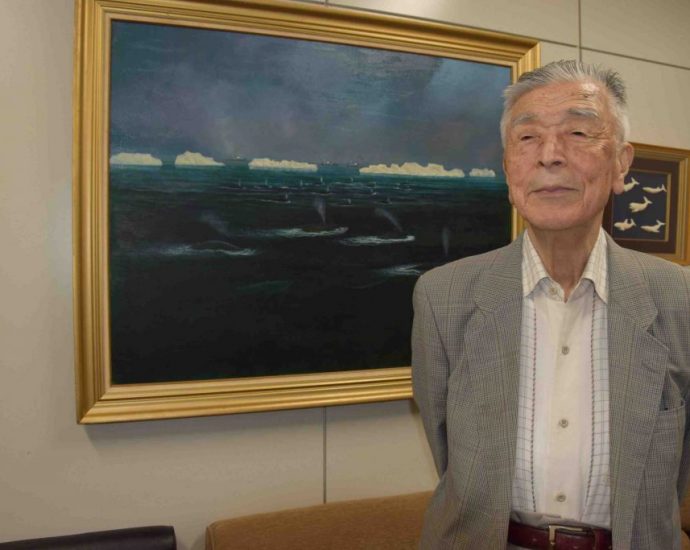
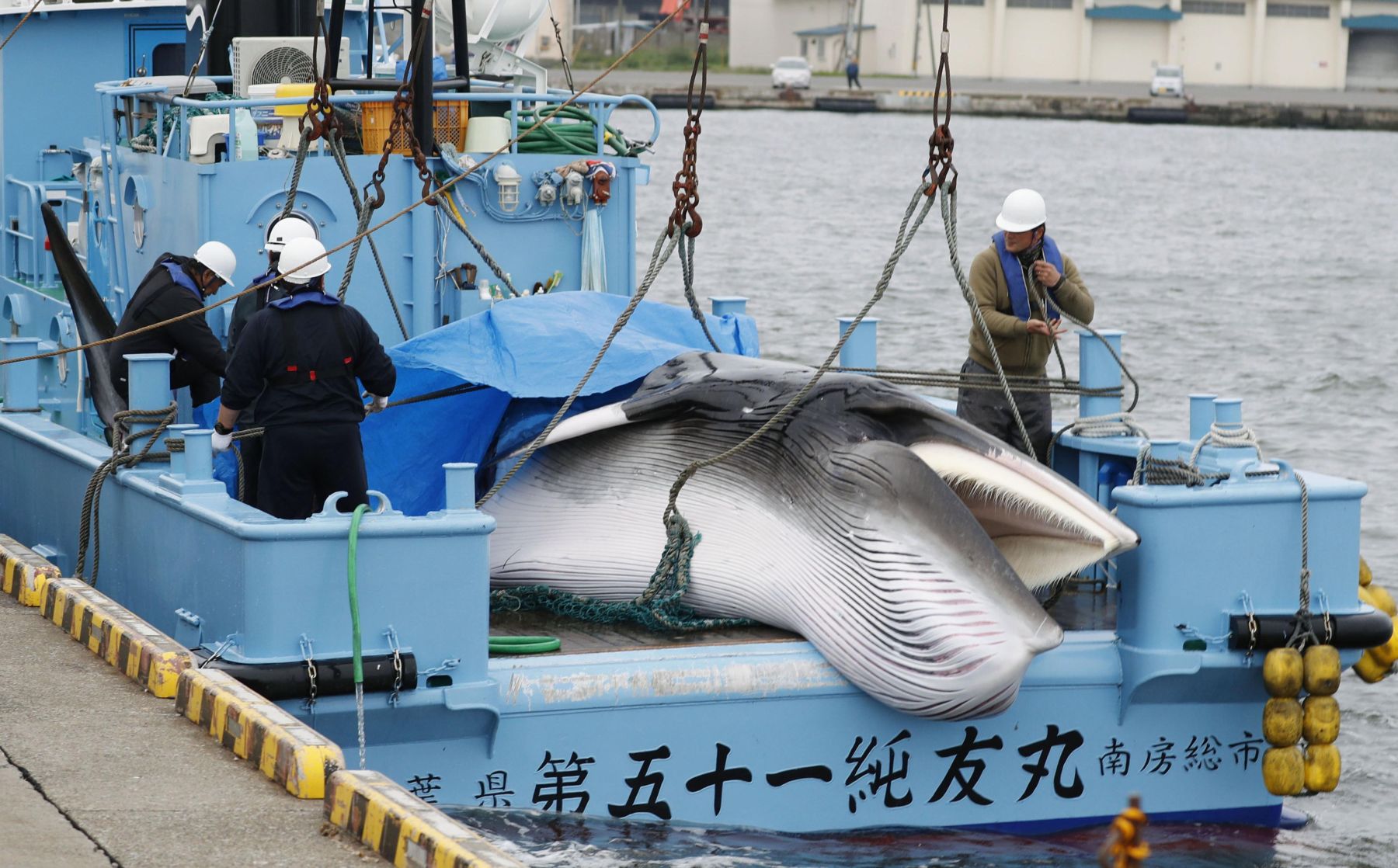
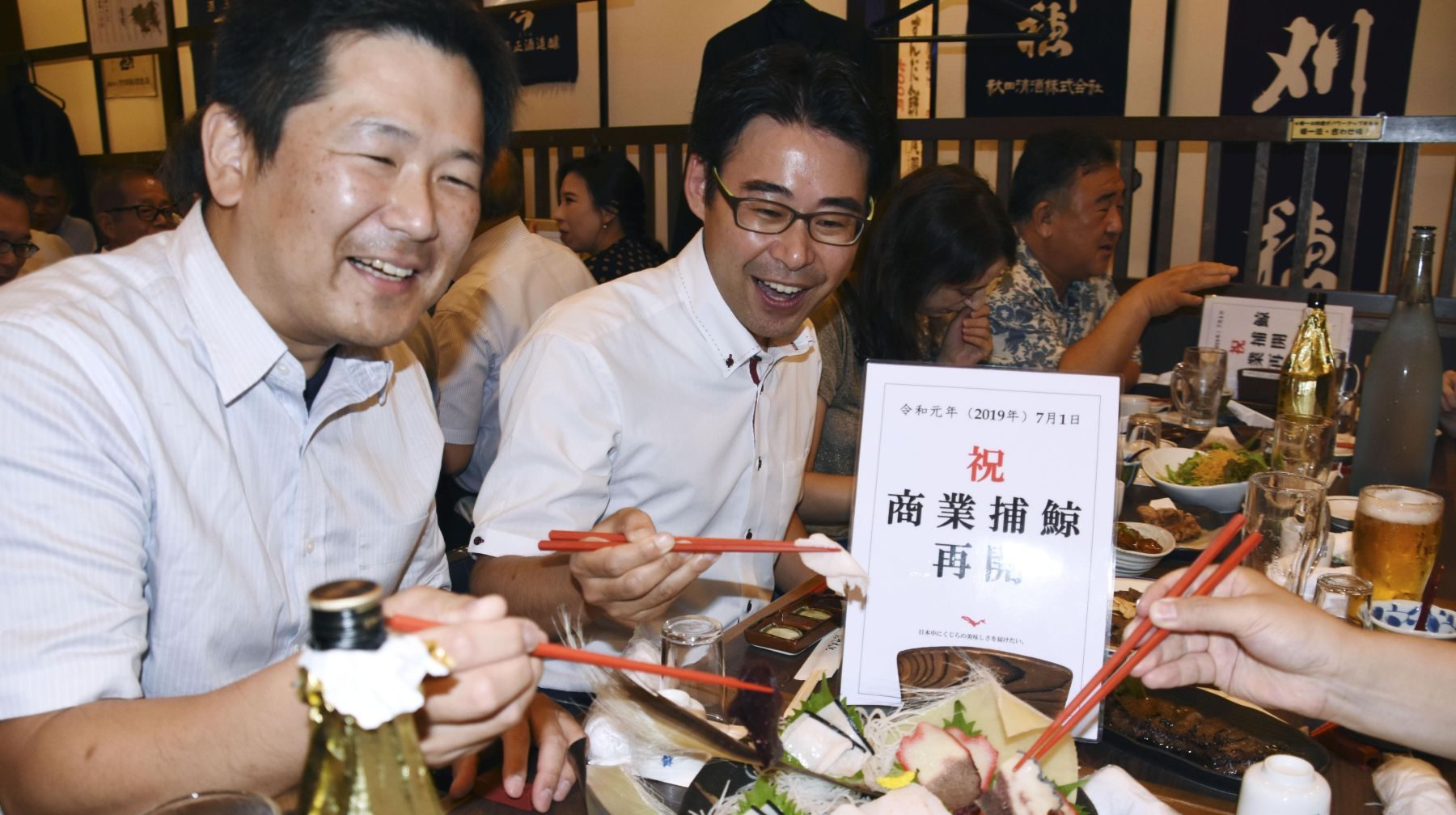
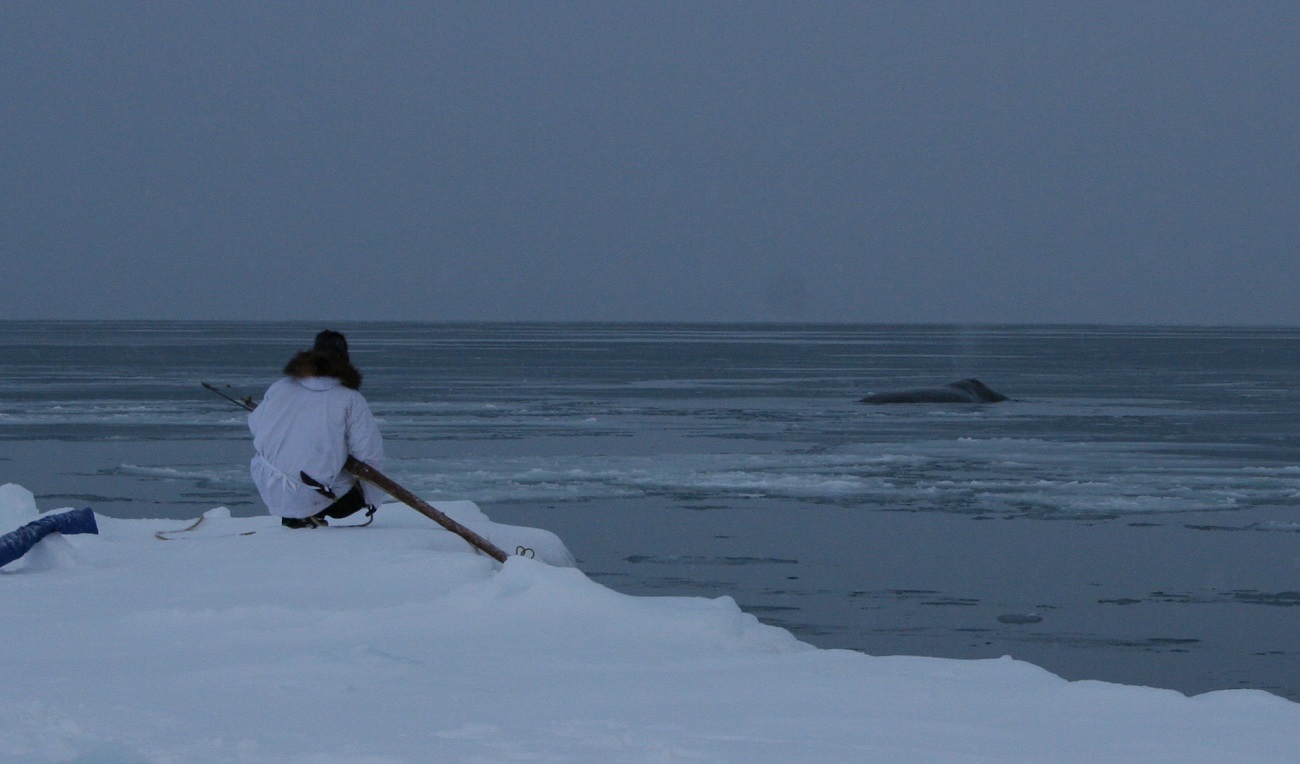
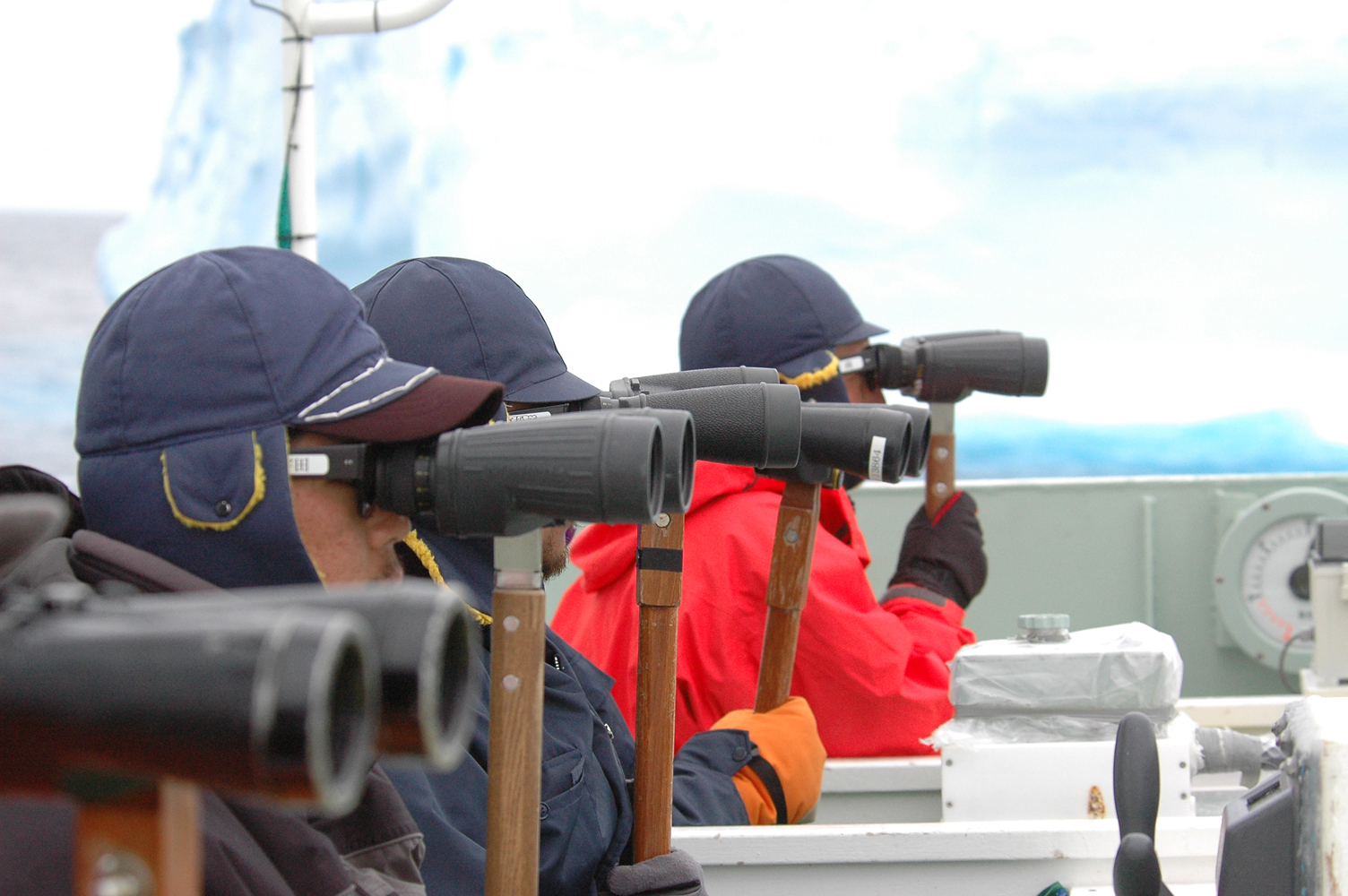
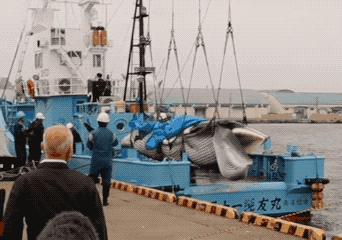
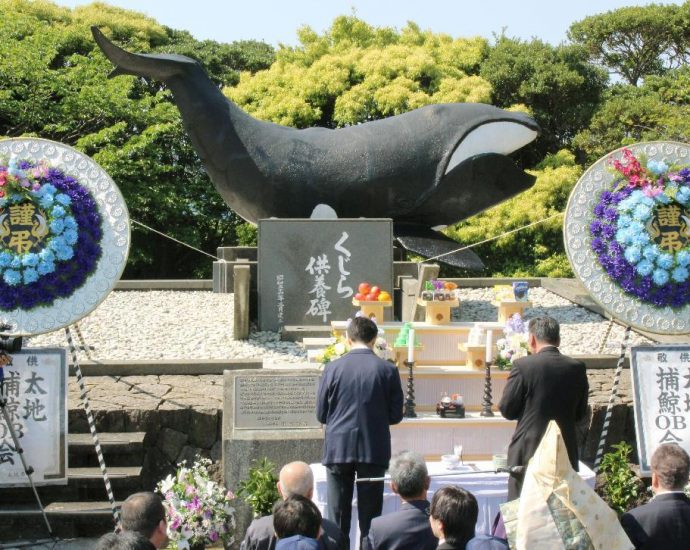
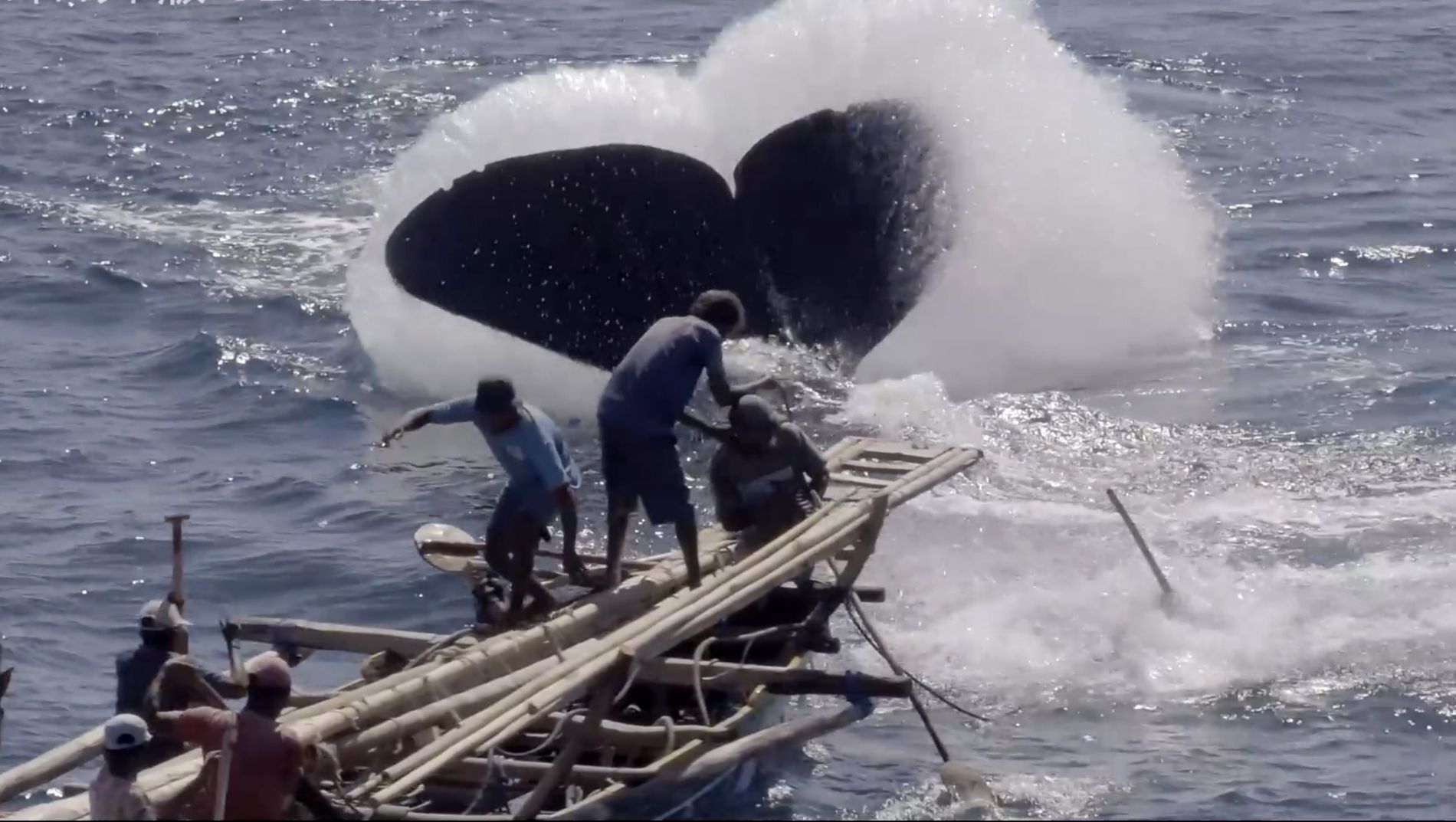
![[Mythbusters] White Makes Right When It Comes to Whaling](https://featured.japan-forward.com/whalingtoday/wp-content/uploads/sites/5/2019/12/mythbusters-white-makes-right-when-it-comes-to-whaling-hero.jpg)